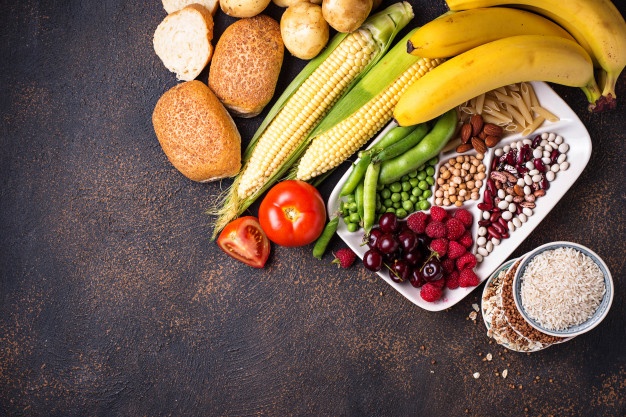The number one Myths About Weight Loss is that
1. All calories Are Equal
The calorie is a measurement of energy. All calories have the same energy content.
However, this doesn’t mean that each one calorie sources have equivalent effects on your weight.
Different foods undergo different metabolic pathways and may have vastly different effects on hunger and therefore the hormones that regulate your weight.
For example, a protein calorie isn’t equivalent to a fat or carb calorie.
Replacing carbs and fat with protein can boost your metabolism and reduce appetite and cravings, all while optimizing the function of some weight-regulating hormones.
Also, calories from whole foods like fruit tend to be far more filling than calories from refined foods, like candy.


2. Losing Weight is a Linear Process
Losing weight is typically not a linear process, as some people think.
Some days and weeks you’ll reduce, while during others you’ll gain a touch bit.
This is not a cause for concern. It’s normal for body weight to fluctuate up and down by a few pounds.
For example, you’ll be carrying more food in your gastrointestinal system or holding on to more water than usual.
This is even more pronounced in women, as water weight can fluctuate significantly during the cycle.
As long because the general trend goes downwards, regardless of what proportion it fluctuates, you’ll still achieve losing weight over the future.
3. Supplements can help you lose weight
The weight loss supplement industry is massive.
Various companies claim that their supplements are highly effective, but they’re rarely effective when studied.
The main reason that supplements work for a few people is the consequence. People fall for the marketing tactics and need the supplements to assist them to reduce, in order that they become more aware of what they eat.
That said, a couple of supplements have a modest effect on weight loss. The best ones may assist you to shed a little amount of weight over several months.
4. Obesity is About Willpower, Not Biology
It is inaccurate to mention that your weight is all about willpower.
Obesity may be a very complex disorder with dozens. Numerous genetic variables are related to obesity, and various medical conditions, like hypothyroidism, PCOS, and depression, can increase your risk of weight gain.
Your body also has numerous hormones and biological pathways that are alleged to regulate weight. These tend to be dysfunctional in people with obesity, making it much harder to reduce and keep it off
For example, being immune to the hormone leptin may be a major explanation for obesity.
The leptin signal is meant to inform your brain that it’s enough fat stored. Yet, if you’re resistant to leptin, your brain thinks that you’re starving.
Trying to exert willpower and consciously eating less within the face of the leptin-driven starvation signal is incredibly difficult.
Of course, this doesn’t mean that folks should hand over and accept their genetic fate. Losing weight is still possible — it’s just much harder for some people.
5. Carbs Make You Fat
Low-carb diets can aid in weight loss.
In many cases, this happens even without conscious calorie restriction. As long as you keep carb intake low and protein intake high, you’ll lose weight.


Even so, this doesn’t mean that carbs cause weight gain. While the obesity epidemic started around 1980, humans are eating carbs for a real while.
In fact, whole foods that are high in carbs are very healthy.
On the other hand, refined carbs like refined grains and sugar are definitely linked to weight gain.
6. Fat makes you fat
Fat provides around 9 calories per gram, compared with only 4 calories per gram of carbs or protein.
Fat is extremely calorie-dense and commonplace in junk foods. Yet, as long as your calorie intake is within a healthy range, fat doesn’t cause you to fat.
Additionally, diets that are high in fat but low in carbs are shown to cause weight loss in numerous studies.
While packing your diet with unhealthy, high-calorie junk foods laden with fat will certainly cause you to fat, this macronutrient isn’t the only culprit.
In fact, your body needs healthy fats to function properly.
7. Diet foods can help you lose weight
A lot of junk food is marketed as healthy.
Examples include low-fat, fat-free, and processed gluten-free foods, as well as high-sugar beverages.
You should be skeptical of any health claims on food packaging, especially on processed items. These labels usually exist to deceive — not inform.
Some junk food marketers will encourage you to buy their fattening junk food. In fact, if the packaging of a food tells you that it’s healthy, there’s a chance it’s the exact opposite.
If you like these 7 Myths about weight loss then leave us a comment in the comment box.
Source: Weight Loss - nubellocare.com



